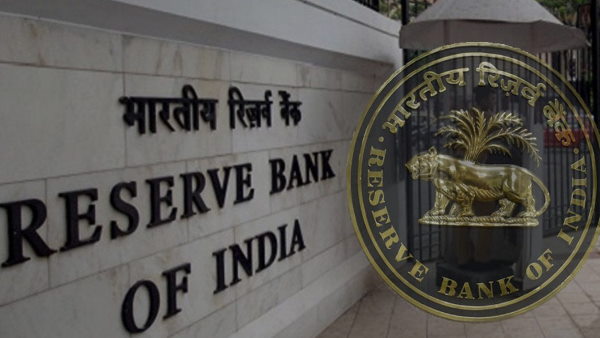Business News. Soon, Non-Resident Indians will be able to make utility, education and other bill payments for their families in India by using the Bharat Bill Payment System (BBPS). The Reserve bank of India (RBI) on 5 August proposed to enable BBPS to accept cross-border inward payments.
“BBPS is currently accessible only for residents in India. To facilitate Non-Resident Indians (NRIs) undertake utility, education and other bill payments on behalf of their families in India, it is proposed to enable BBPS to accept cross-border inward payments. This will also benefit payment of bills of any biller onboarded on the BBPS platform in an interoperable manner,” RBI said in its bi-monthly Statement on Developmental and Regulatory Policies.
The central bank will issue necessary instructions in this regard soon. BBPS is owned and operated by NPCI Bharat BillPay Ltd. (NBBL). The RBI said that BBPS has transformed the bill payment experience in the country by offering an interoperable platform for a standardised bill payment experience, centralised customer grievance redress mechanism, uniform customer convenience fee, etc.
“Over 20,000 billers have been onboarded on the system and more than eight crore transactions are processed on a monthly basis,” the statement said.
“The RBI’s proposal to enable Bharat Bill Payment System (BBPS) for offering cross-border inward payments is a welcome initiative. This interoperable platform, which already processes over eight crore transactions on a monthly basis, will transform the bill payment experience for Indians living abroad and will be highly beneficial for the family members of the NRIs, especially the senior citizens staying in India,” said Muralidharan Srinivasan, Head of Payments, APMEA Region, FIS.
“NRIs will now be able to enjoy various offerings of BBPS such as a reliable bill payment experience, centralised customer grievances redress mechanism, and uniform customer convenience fee while paying utility bills, education-related payments and other cross-border transactions. What was earlier limited to the Indian residents is now being expanded to the Indians overseas and it’s a commendable step to provide an STP kind of secured cross-border payment experience,” he added.
Repo rate hike
Meanwhile, the RBI has decided to increase the policy repo rate by 50 basis points to 5.4%. All members of the RBI Monetary Policy Committee (MPC) – Dr Shashanka Bhide, Dr Ashima Goyal, Prof. Jayanth R. Varma, Dr Rajiv Ranjan, Dr Michael Debabrata Patra and Shri Shaktikanta Das – unanimously voted on the proposal to increase repo rate.
The MPC noted that inflation is projected to remain above the upper tolerance level of 6 per cent through the first three quarters of 2022-23.
Experts say that the rate hike cycle is not over yet and more increases can be expected in the coming months.
“RBI MPC voted unanimously to hike repo rate by 50 bps to 5.4% – taking to pre-pandemic levels. RBI MPC is in line with our expectations. Inflation seems to be at the forefront of the move as they maintained CPI forecasts intact at 6.7% for FY 23. To us, this means we are not done with the rate hiking cycle yet and we could brace for a continued northward journey in rates,” said Lakshmi Iyer, Chief Investment Officer (Debt) & Head Products, Kotak Mahindra AMC.



















